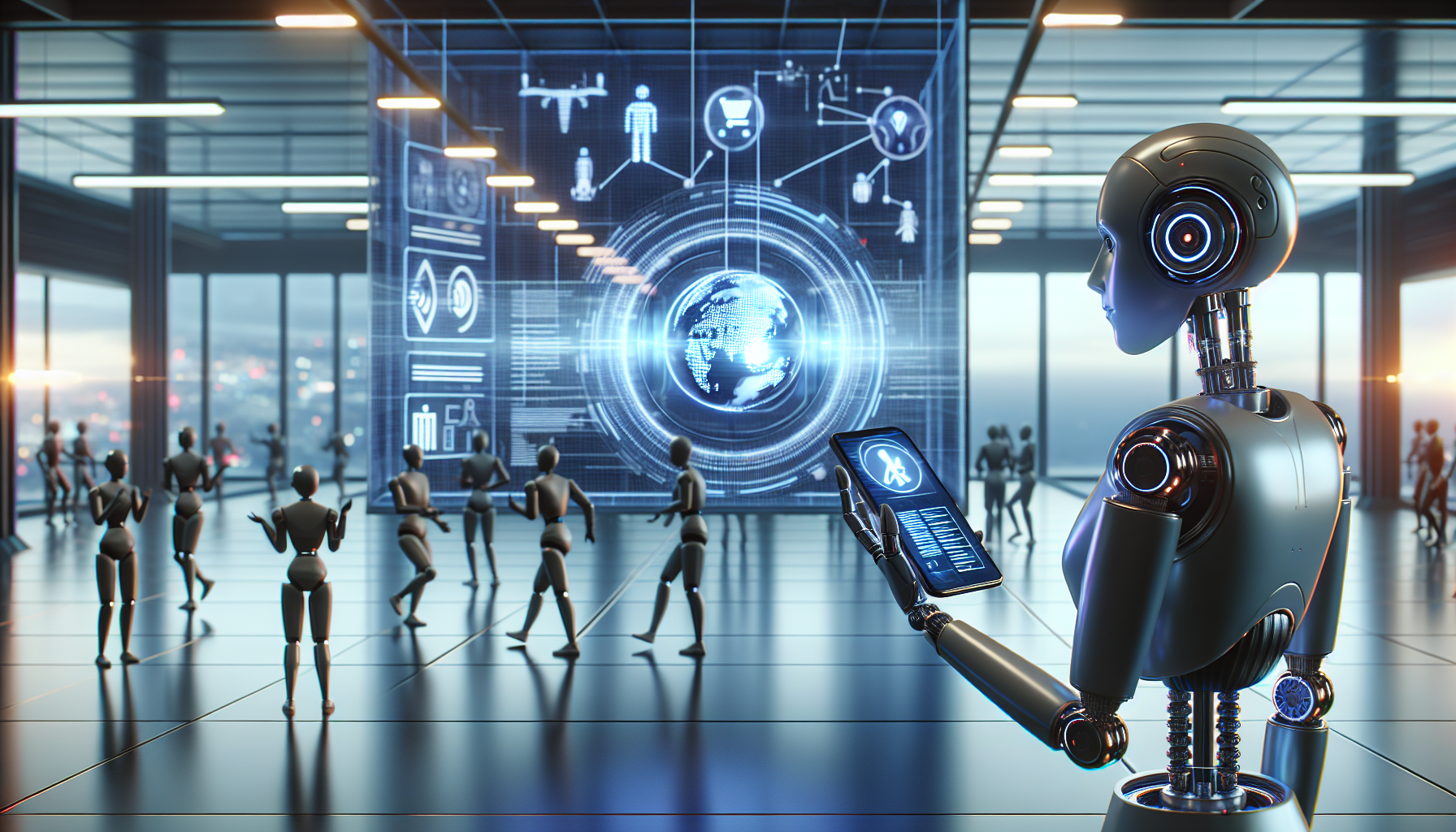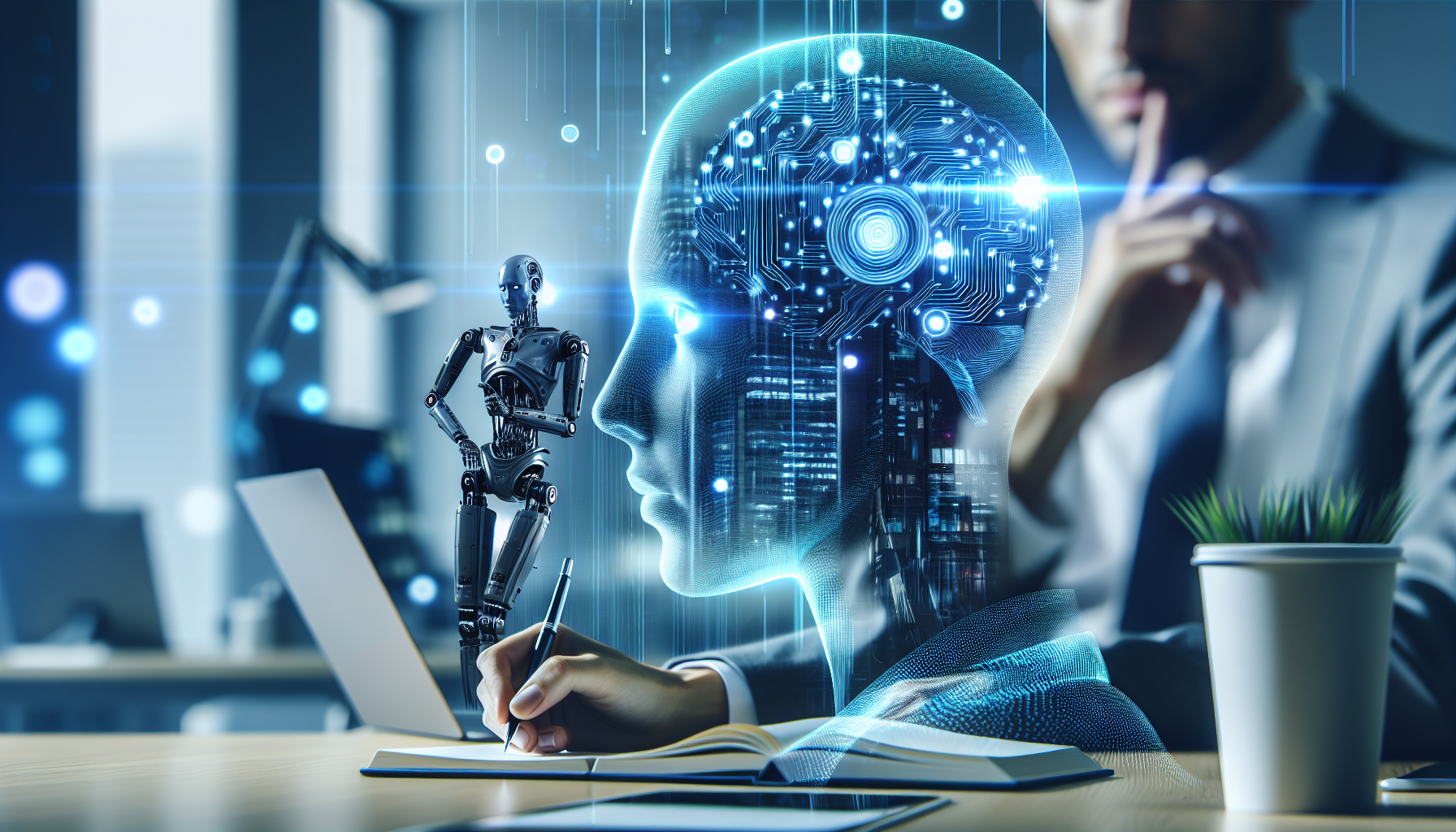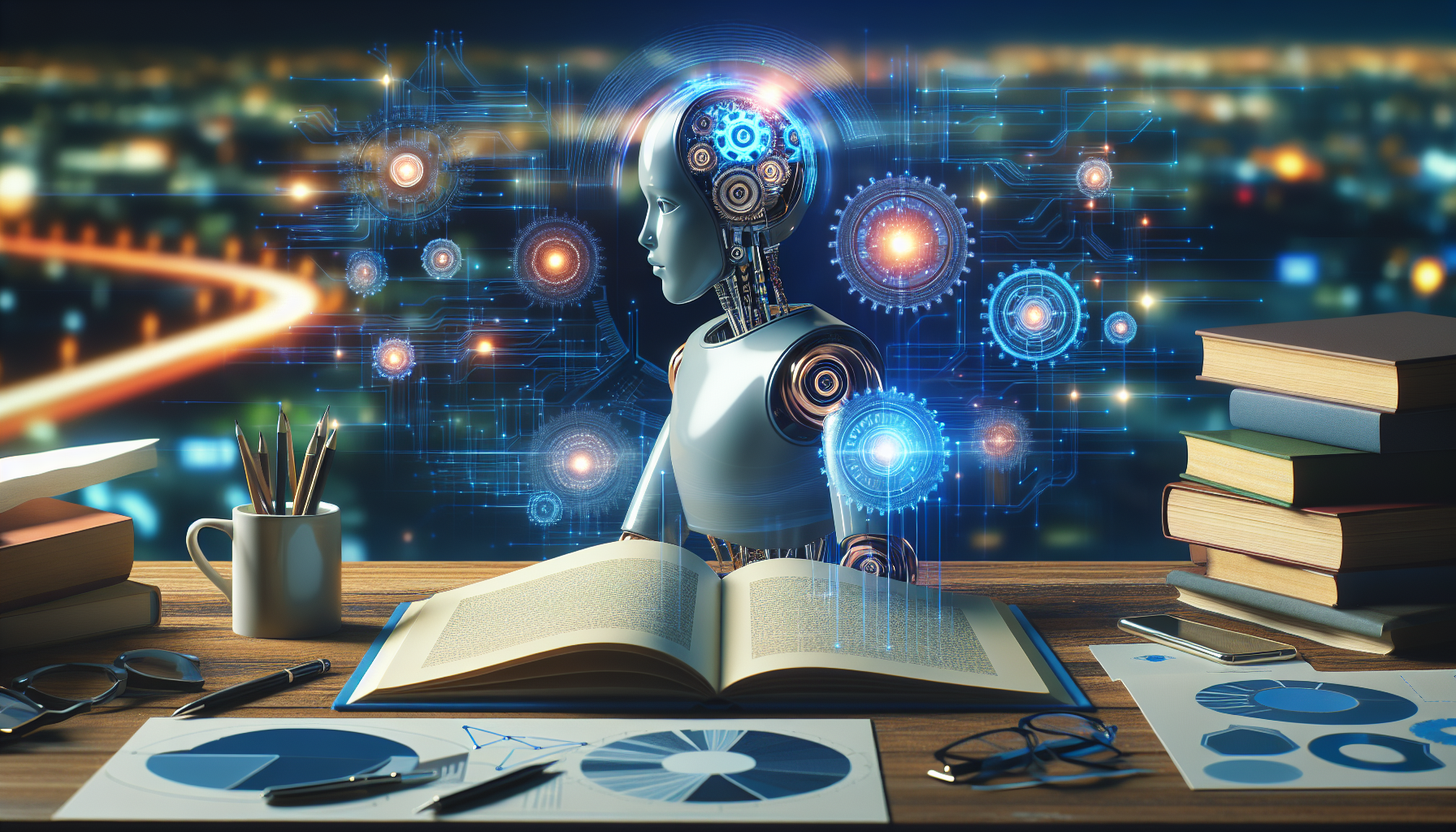
AI and Blockchain: A Synergy Transforming Digital Transactions
August 23, 2025
In a world where the digital revolution is reshaping the way we interact with technology, the convergence of artificial intelligence (AI) and blockchain is creating a paradigm shift in digital transactions. This innovative synergy promises not just to enhance efficiency but to inspire a reimagining of how trust and transparency can be embedded in the fabric of our digital economy.
At the heart of this transformation is the unique ability of AI to process vast amounts of data with unparalleled speed and accuracy, while blockchain offers a decentralized and immutable ledger that ensures transparency and security. When these technologies are combined, they unlock a new realm of possibilities for digital transactions, creating systems that are not only more secure but also more intelligent.
One of the most compelling aspects of this convergence is the potential to revolutionize financial transactions. AI algorithms can analyze transaction patterns, predict fraudulent behavior, and even automate processes to reduce human error. Meanwhile, blockchain ensures that every transaction is recorded on an immutable ledger, providing a transparent and tamper-proof record. This dual-layered security is particularly inspiring for industries that handle sensitive data, such as banking and healthcare, where trust is paramount.
Beyond the financial sector, the integration of AI and blockchain is paving the way for innovations in supply chain management. By leveraging AI's predictive analytics and machine learning capabilities, companies can optimize logistics and enhance decision-making processes. Blockchain adds another layer of transparency, allowing all parties involved to access real-time data, track the movement of goods, and verify the authenticity of products. This not only reduces inefficiencies and costs but also combats the growing issue of counterfeit goods, thereby protecting brands and consumers alike.
The synergy between AI and blockchain is also driving advancements in the realm of smart contracts. These self-executing contracts, with the terms of the agreement written into code, are revolutionizing how agreements are made and enforced. AI can enhance these contracts by predicting potential disputes and suggesting corrections before they arise, while blockchain ensures that the contract's execution is transparent and irreversible. This combination is inspiring a new era of trustless transactions, where parties can engage in agreements without the need for intermediaries, thus reducing costs and increasing efficiency.
Inspiringly, this technological marriage is not just about efficiency and security; it also holds the potential to empower individuals and communities. Decentralized autonomous organizations (DAOs), powered by AI and blockchain, are emerging as a new way for groups to organize and govern themselves. These organizations operate without a central authority, using smart contracts to automate decisions and AI to optimize operations. This empowers individuals by giving them a direct voice in governance and decision-making, democratizing access to opportunities and resources.
Moreover, the environmental impact of AI and blockchain is becoming a focal point for innovators. Traditionally, blockchain's energy consumption has been a concern, but AI is being harnessed to develop more energy-efficient consensus algorithms and optimize resource allocation. This collaboration is driving a more sustainable future, where the benefits of these technologies can be realized without compromising our planet's resources.
As we explore the profound impact of AI and blockchain on digital transactions, it becomes clear that this is just the beginning. The potential applications are vast, and the ripple effects of this technological synergy will likely extend beyond our current imagination. What inspires us most is not just the technological capabilities, but the transformative power they hold to reshape industries, redefine trust, and empower individuals globally.
As we stand on the brink of this digital frontier, one might wonder: how far can we push the boundaries of what is possible with AI and blockchain? What new opportunities will arise as these technologies continue to evolve and intertwine? The answers to these questions will undoubtedly shape the future of digital transactions and, ultimately, the way we live and interact in an increasingly connected world.


